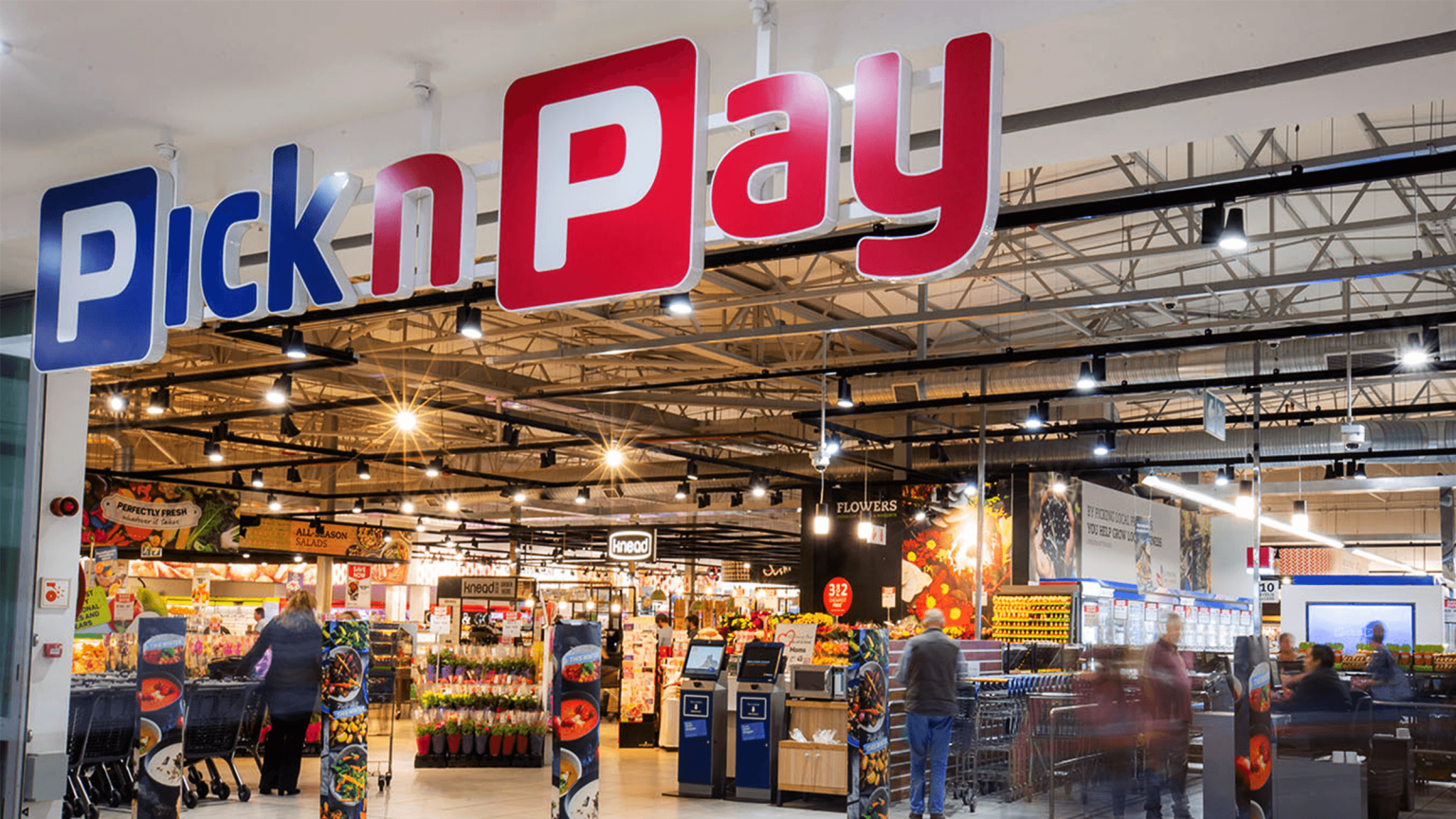- The CEO of Pick n Pay, Pieter Boone, stated that the South African retailer Pick n Pay plans to cut US$187 million in costs in 3 years while simultaneously increasing its market share by three per cent
- The cost savings will be accomplished through increased efficiencies in the working capital and supply chain, reducing the size of the support office, maximising the use of technology to save expenses, and streamlining the operations of the stores
- Pick n Pay will open two hundred new Boxer stores and improve the product selections available at its Pick n Pay chain stores, to effectively serve customers with high incomes as well as customers with low to moderate incomes
The CEO of Pick n Pay, Pieter Boone, stated on Tuesday that the company intends to implement a new strategy that will result in cost reductions of three billion rands (US$187 million) over the next three years while simultaneously increasing its market share by three per cent.
In a highly competitive grocery market that is dominated by its most significant competitor, Shoprite, one of the country’s top retail chains, is looking to enhance investors’ returns, which have been decreasing over the course of the previous year.
The cost savings will be accomplished through increased efficiencies in the working capital and supply chain, reducing the size of the support office, maximising the use of technology to save expenses, and streamlining the operations of the stores. Lerena Olivier, Group Chief Financial Officer, stated this after Pick n Pay announced an increase in yearly earnings earlier this year.
In the extremely competitive grocery sector, the business is also attempting to increase the number of customers who buy at its more upscale Pick n Pay stores as well as its more budget-friendly Boxer grocery stores.
Boone told investors that in order to accomplish this goal, the company would open two hundred new Boxer stores and improve the product selections available at its Pick n Pay chain stores. This will allow the company to more effectively serve customers with high incomes as well as customers with low to moderate incomes.
“We’ve attempted to be everything to everyone, and as a result, we’ve lost relevance and uniqueness,” Boone remarked, referring to the difficulties of serving all client segments with a single brand.
This will greatly enable the South African retailer Pick n Pay to cut US$187 million in costs in 3 years.
Market Share
According to him, the goal of the store is to increase the number of online clients it serves by continuing to invest in the growth of its e-commerce business. If successful, this will result in an increase in sales that is eight times greater by the end of the retailer’s fiscal year in 2026.
Pick n Pay will be able to attain a compound annual rate of 10 per cent growth in group turnover as a result of other measures, which will ultimately result in market share growth of at least 3 per cent by the year 2026.
In addition to this, it has committed to doubling the number of Boxer products sold by 2026 and increasing its profit margin before taxes from the current level of two per cent to more than three per cent.
According to Boone, the formal food and grocery market in South Africa is expected to increase by 227 billion rands (US$14 billion) to 855 billion rands by the year 2026. The majority of the growth is expected to come from markets catering to those with lower levels of income.
South Africa retailer Pick n Pay share movement from 1990 to 2020
“Our whole market share in the official market currently stands at 16 per cent as of today.” According to what he had stated, “the opportunity is present everywhere, but mainly in less affluent areas of the market.”
It has planned a capital investment of 3.5 billion rands for the fiscal year 2023, which will be used to support its growth plans. Olivier predicted that the level of Capex will remain approximately the same over the next few years.
The company had previously announced headline earnings per share figure for the year that ended on February 27th of 262.59 cents, which is the primary profit metric in South Africa. This figure is an increase over the previous comparable period’s headline earnings per share figure of 229.31 cents.
Pick n Pay, which has more than 1,900 stores across the country, has also announced a business agreement with the e-commerce giant Takealot, which is owned by the conglomerate Naspers. This agreement will allow Pick n Pay’s customers to purchase groceries and liquor through the Mr. D app, which is Takealot’s food delivery service. This will be available beginning in August.
The Retailer at a glance
South African retailer Pick n Pay operates in multiple formats and multiple channels, and it has a store portfolio that is both robust and varied.
The industry of quickly perishable consumer goods is where its primary focus lies.
They have a large online grocery business in Africa and operate multiple store formats under three different brands: Pick n Pay, Boxer, and TM Supermarkets. Their stores are branded with these names.
Pick n Pay is an inclusive brand with the goal of being the retailer of choice for everyone, from the wealthiest members of society to those who are less fortunate and for whom price is of the utmost importance. However, the most significant portion of Pick n Pay customers are middle-income South African consumers.
